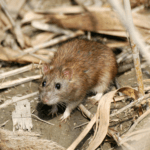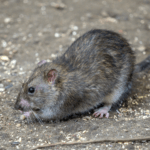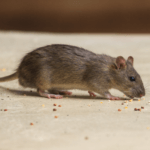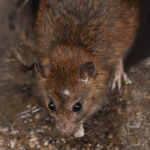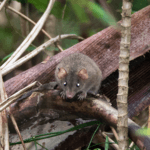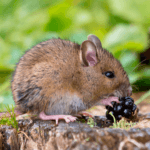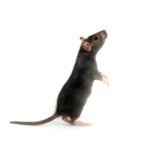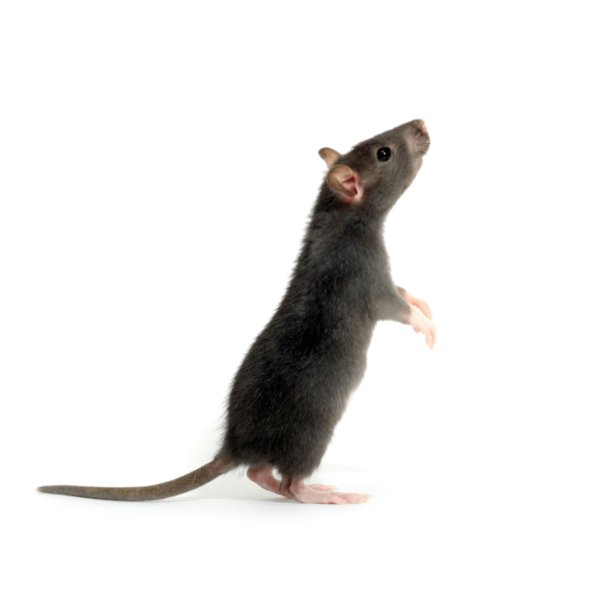
The Stowaway Superstar: Unveiling the World of the Ship Rat
Forget swashbuckling pirates and buried treasure – let’s set sail on a different kind of adventure, one that follows the nimble paws of the ship rat. These tiny titans of the high seas may not have maps or cannons, but they’ve conquered oceans and continents, leaving a trail of mischief and adaptability in their wake. So, grab your metaphorical sea legs and prepare to be amazed by the surprisingly fascinating world of the ship rat!
Masters of the Maritime Maze: Navigating the World on Four Paws
Unlike their landlocked cousins, ship rats are born explorers. Their agility and exceptional balance make them fearless climbers, scaling masts and rigging with the grace of acrobats. Think of them as furry sailors, navigating the ever-shifting decks and rope ladders with a natural sense of direction. They’re the parkour champions of the seas, turning even the most precarious ship into their personal playground.
But their talents go beyond acrobatics. Ship rats are also skilled swimmers, propelled by strong legs and a natural aversion to staying dry. They navigate stormy seas and explore hidden coves with ease, always on the lookout for their next culinary adventure. Imagine them as miniature pirates, diving for hidden treasures in the form of forgotten snacks and unsuspecting insects.
Opportunistic Gourmets: A Feast in the Forgotten Corners of the Ship
Unlike the picky eaters of cartoons, ship rats are true omnivores. From leftover biscuits and spilled rum to fish scraps and even the occasional unfortunate cockroach – nothing is off the menu for these resourceful scavengers. They rummage through every nook and cranny of the ship, turning forgotten corners into their own gourmet feast.
But their scavenging comes with a hidden benefit. Ship rats act as tiny sanitation workers, consuming organic matter that could otherwise decompose and create unwanted smells and hygiene problems. They’re like furry galley cleaners, albeit with less of a mop and more of a penchant for midnight snacks.
A Complex Social Network: More Than Just Scallywags
Forget the image of chaotic hordes – ship rat communities are surprisingly well-organized. They live in social groups with intricate hierarchies, based on age and dominance. They even exhibit behaviors like cooperation and shared parenting, showing us a side of these maritime adventurers that goes far beyond the lone scavenger stereotype.
However, this complex social structure has a downside. Ship rats can spread diseases like leptospirosis and hantavirus through their droppings and contaminated surfaces. Their gnawing can also damage ship infrastructure and pose safety hazards.
Life After Landfall: Adapting to New Shores
Ship rats weren’t content with just conquering the seas. Their adaptability allowed them to become successful invaders, colonizing new lands wherever their ships docked. From bustling ports to remote islands, these furry stowaways have established themselves as permanent residents, often outcompeting native species for food and resources.
But their invasion comes with a cost. Ship rats can disrupt ecosystems, spread disease, and damage local food supplies. Their success highlights the importance of responsible shipping practices and biosecurity measures to protect delicate natural environments from invasive species.
Harmony on the Horizon: Coexisting with the Ship Rat Legacy
Protecting ourselves from the downsides of ship rats doesn’t mean demonizing them. We can find ways to coexist peacefully with these resourceful creatures:
- Sealing entry points: Block cracks and crevices in ships and buildings to prevent them from entering.
- Proper waste disposal: Keep food waste in securely sealed containers and regularly clean up spills.
- Natural deterrents: Strong-smelling herbs like mint and eucalyptus can act as natural repellents.
But when rodent populations boom or pose a significant health risk, professional intervention may be necessary. At Friendly Pest Control, we understand the delicate balance between pest control and environmental responsibility. We offer safe, effective, and humane solutions for managing rodent populations while minimizing environmental impact.
Contact us today for a free consultation and let’s work together to create a world where humans and ship rats can share the land, each playing their role in a healthy planet. Remember, even the smallest of stowaways can leave a big mark on the world, and it’s up to us to ensure that mark is one of coexistence and respect.

